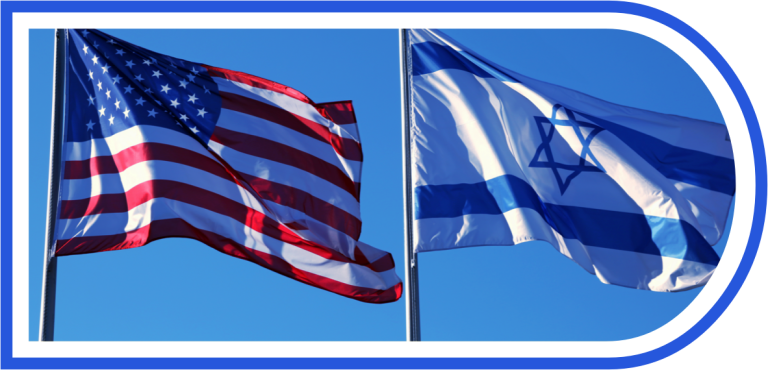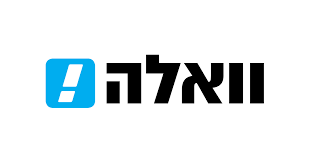US-ISRAEL PARTNERSHIP
US-ISRAEL PARTNERSHIP
ABOUT THE PROGRAM
An underlying paradigm in our research, analysis and policy recommendations is that the US-Israel partnership must be cultivated and strengthened. This paradigm rests in three pillars: a. shared interests between the countries; b. shared values, and c. a friendship among the people and the leaders of the United States and Israel. To this end our work outlines a strategy for a strategic partnership including a technological alliance and a shared vision for the Middle East.



Program Director
Dr. Michal Hatuel Radoshitzky
Researcher
Ron Frydman
Senior Advisor
Dr. Avner Golov
Program Director
Dr. Michal Hatuel Radoshitzky
Researcher
Ron Frydman
Senior Advisor
Amb. Alon Bar
Program Manager
Dr. Michal Hatuel Radoshitzky
Researcher
Ron Frydman
Advisor
Amb. Alon Bar

ABOUT THE PROGRAM
An underlying paradigm in our research, analysis and policy recommendations is that the US-Israel partnership must be cultivated and strengthened. This paradigm rests in three pillars: a. shared interests between the countries; b. shared values, and c. a friendship among the people and the leaders of the United States and Israel. To this end our work outlines a strategy for a strategic partnership including a technological alliance and a shared vision for the Middle East.



Program Director
Dr. Michal Hatuel Radoshitzky
Researcher
Ron Frydman
Senior Advisor
Dr. Avner Golov

“Pursuing a formal strategic partnership between Israel and the United States through legislation would anchor the mutual commitments of both countries, add a critical layer of partnership in the fields of science and technology, and establish a more balanced relationship while reducing dependency.”
Source: MIND policy paper on a formal strategic partnership between Israel and the United States (February 2025).
“The Israeli challenge will be to agree on understandings backed by side letters regarding the continuation of activities against the strengthening of Hamas and Hezbollah after the war. The issue of the hostages is likely to remain a top priority for Trump, just as it was for the outgoing president.”
Source: MIND policy paper on 10 Insights on the Impact of Trump’s Second Term in Various Arenas and 10 Recommendations for Israel (November 2024).
“Israel should pursue a formal strategic partnership between Israel and the United States—initially in routine circumstances and subsequently in emergencies—within the framework of updating and expanding the Strategic Partnership Act legislated in 2014 and approved by Congress. This would solidify Israel's status as a leading strategic partner of the United States.”
Source: MIND policy paper on a U.S.-Israel Defense Alliance Initiative (August 2024).
"The US commitment to Israel's security from the beginning of the war once again proved that the US is a central strategic pillar".
Source: MIND policy paper (January 2024).
RECENTLY IN THE MEDIA

Ron Frydman


Ron Frydman


Ilai Yaron Levy


Ilai Yaron Levy & Ron Frydman

RECENTLY IN THE MEDIA

Ron Frydman


Ron Frydman


Ilai Yaron Levy


Ilai Yaron Levy & Ron Frydman


